
African Scientific Research Institute
Forever indebted to those who paid the supreme price of slavery in the land of the free

Forever indebted to those who paid the supreme price of slavery in the land of the free
The African American historical sites that are mentioned regularly, such as Harlem, Tuskegee, and Eatonville, Florida represent great destinations; but, none of the aforementioned areas offer consistent and reliable African American business opportunities, except for the occasional tee shirt that is sold in the areas.
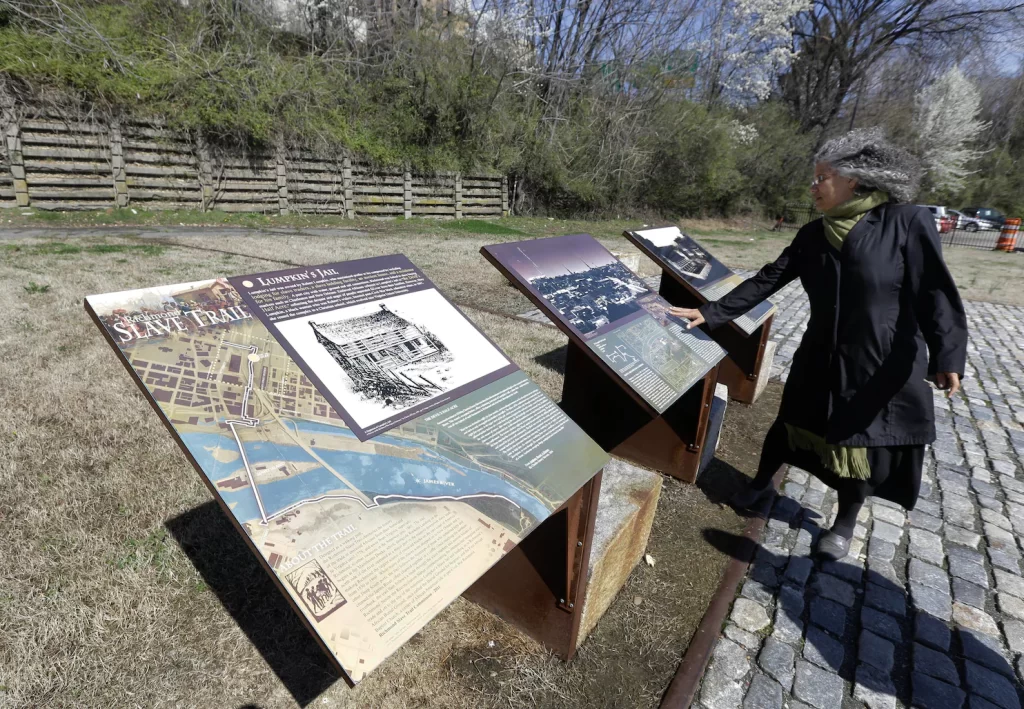
Thus, the sites that illustrate the African Diaspora must be connected by trade ventures as well. One of the first areas we will explore the trade opportunities is in the Caribbean’ which will be highlighted at the 2017 De Sable Delta Trails First Annual African Diaspora Economic Conference.
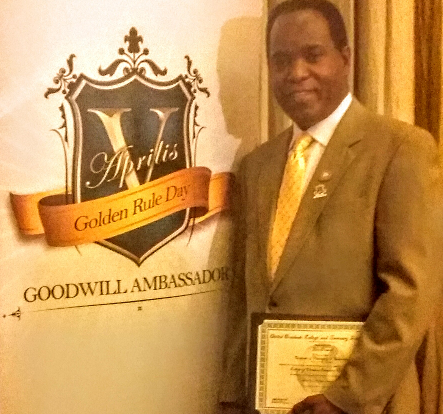
Of the three designated States, Missouri is the one that has the least Tourist Revenues, however, the State enacted an economic initiative to support and develop Tourism throughout the State of Missouri.
The stakeholders, in this case, are the federal and state agencies as well as local governments and community members.
By investing in local community small business development and providing training and coaching on business development, ASRI can assist the government’s directive in more small business development and increased Black American exports.
ASRI will create a multi-state model for tourists to travel from state to state in the Mississippi River Delta Region.
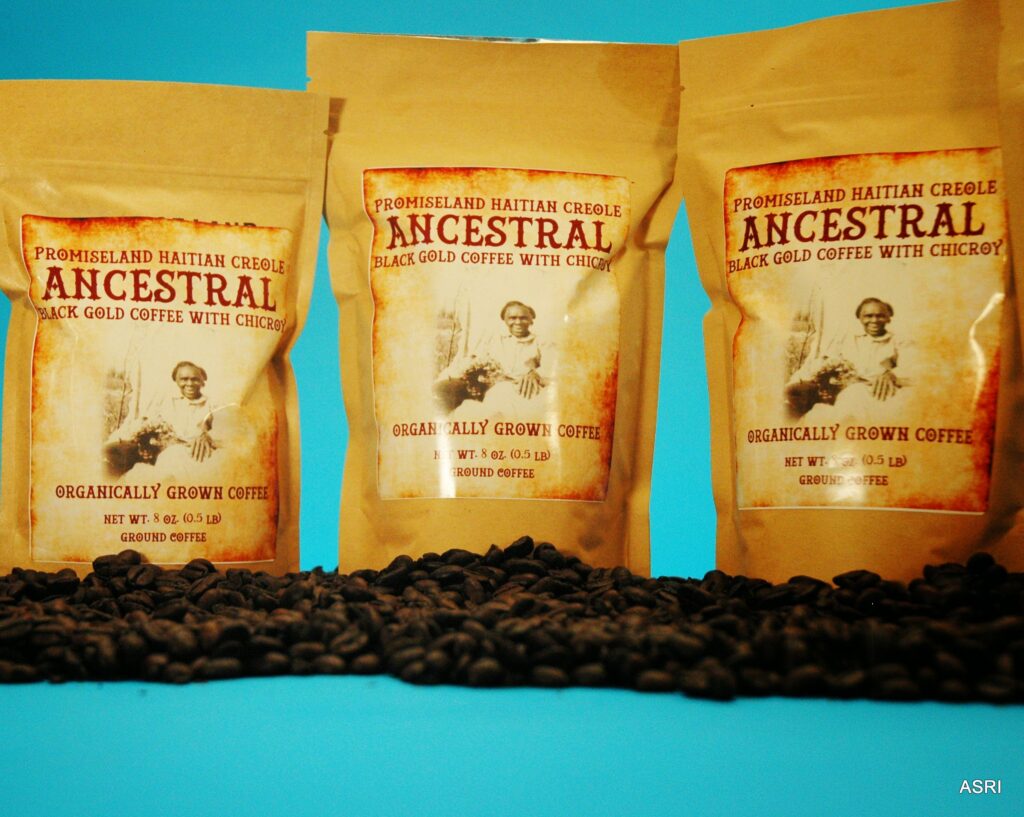
The African American historical struggle and history will come alive in this engaging tour where people, food, clothing, music, and culture make United States’ African Americans as lively and entertaining as their Caribbean and African Cousins.
African Americans are well known for their hospitality, innovative musical styles, unique entertainment, and world-famous cuisine of Soul Food. Over the past 160 years, across the country from Harlem to Watts to the Big Easy, Black communities have led the world in innovative fashions, music, literature, and dance that is now duplicated throughout the world.


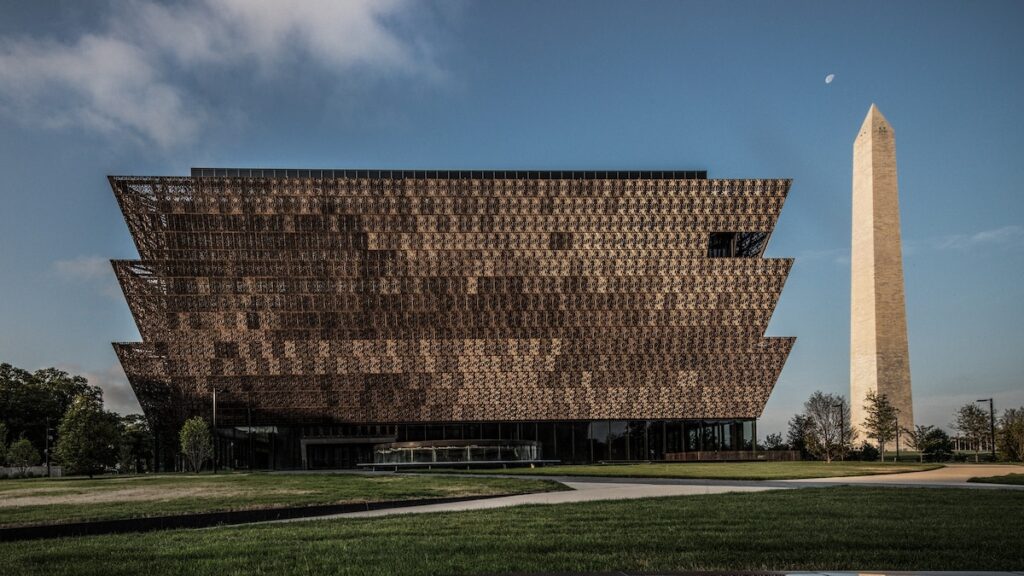
These locations are fouled by little economic growth and no trade activity between the site and foreign nations.
It is our argument to create environments like China Town in New York City, Chicago, and San Francisco that has direct trade linkages to the nations of China and Thailand.
In fact, the China Towns’ of the United States are extensions of the home nation’s culture through economic development interconnected through trade.
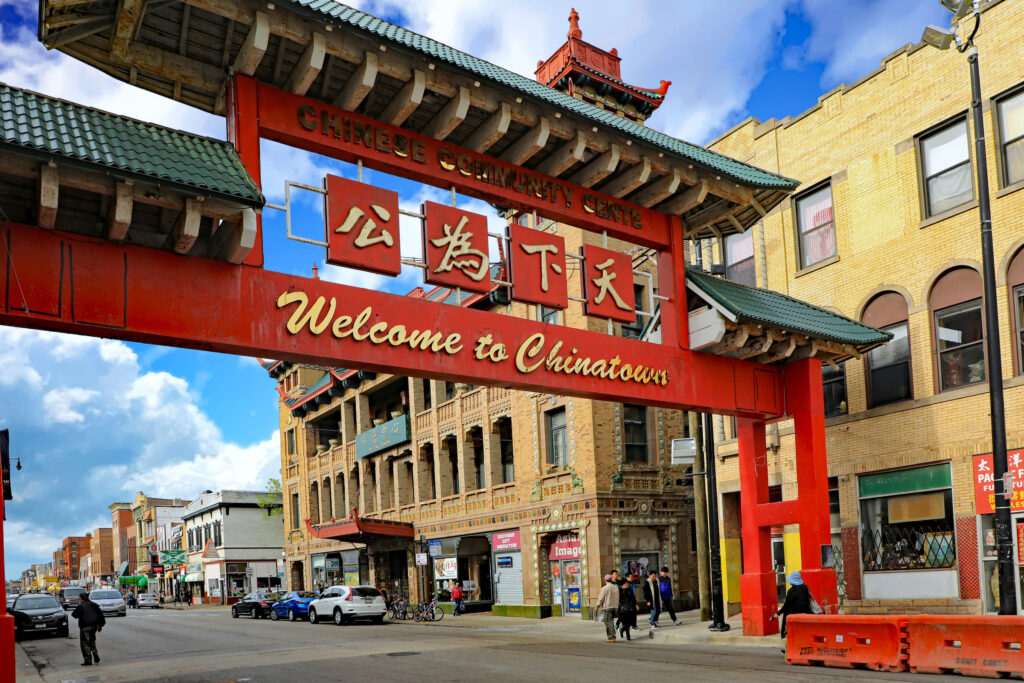
ASRI is currently partnering with Haitian Diplomats who have expressed extreme interest in importing African American-made products.
Developing this relationship will allow entrepreneurs the opportunity to expand their business products via Global Trade to friendly countries such as Haiti, Jamaica, Trinidad, and eventually African countries that have been targeted for American Trade opportunities as well.
The interaction of trade with Haiti will benefit both groups, the African American and the Haitian. The island once known as the jewel of the French isles has been isolated, depleted, and known throughout the world in the past two centuries as one of the least economically productive.
However, with the new relations and the growth of new and creative economic leaders on the island, Haiti is beginning to produce abundantly in the areas of technology, sustainable agriculture, and textile manufacturing.
In addition, Haiti has illustrated that it is looking to expand its presence in the global market. ASRI is prepared to fill that void.
Haiti has shown interest in purchasing manufactured products from African American manufacturers and establishing long-term trading relations.
ASRI is engaged in active discussions with neighboring nations such as Haiti, Trinidad and Tobago, Martinique, and Canada, discussing opportunities to export African-American manufactured products such as technology, agriculture, and textiles.
ASRI has devised a Market Plan that will provide trustworthy, high-quality African American-made products to eager overseas buyers.

The Republic of Mother “Haiti,” the birthplace of democracy in the western hemisphere confirmed two and one-half centuries connected to the Mississippi River Basin through the genetic pool of African American descendants known as “Creoles.”
Ecotourism provides promotion of culture, heritage, and rural revitalization of the ecological diversity and historic places that are connected to the Mississippi River through the voices and stories of Black people that now live and have lived, and are interred in its fertile soil along its mighty shores.
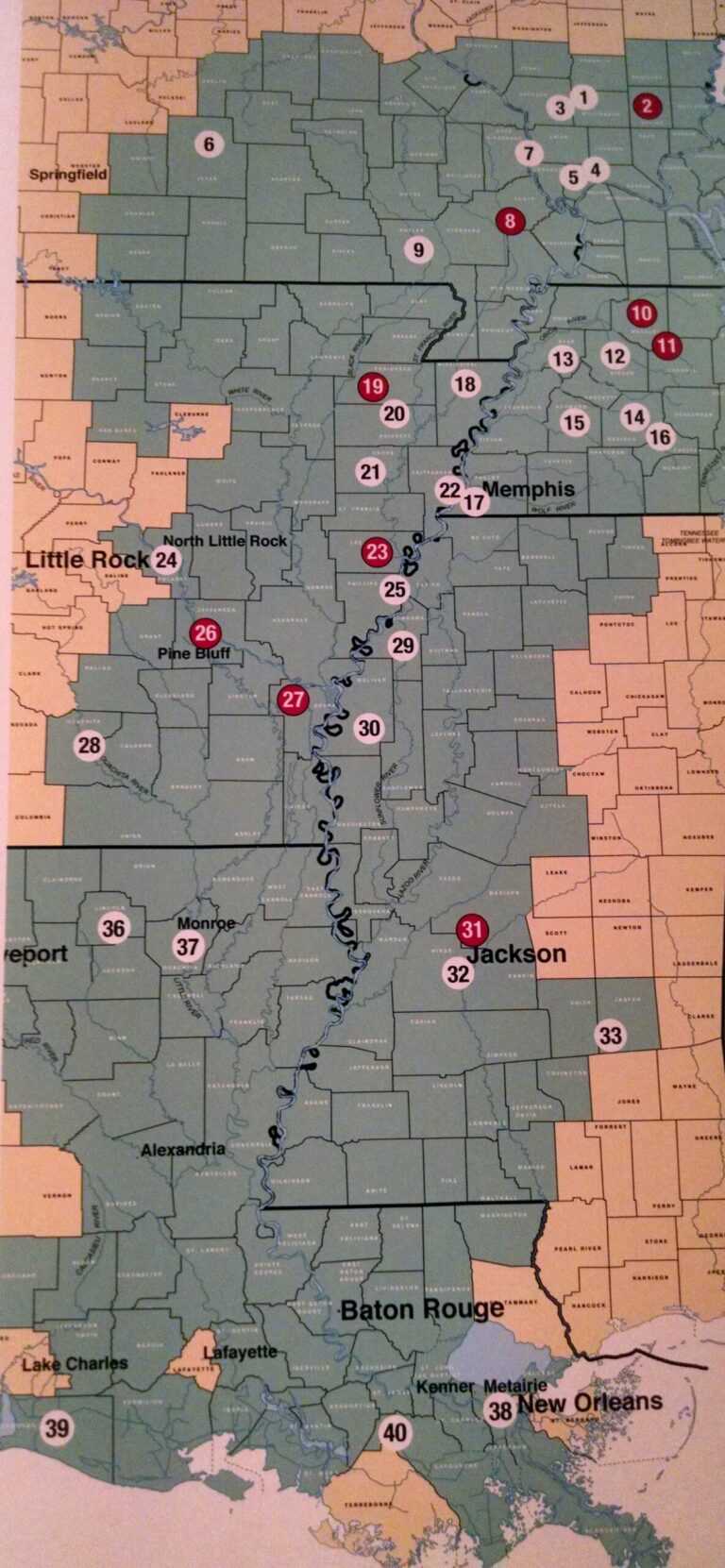
ASRI’s vision is to expand that lucrative Tourist and Global Market to the African American small towns throughout Southeast Missouri (SEMO) businesses and entrepreneurs in rural African America. This could be the beginning of an African American Economic Renaissance in SEMO and the Caribbean.

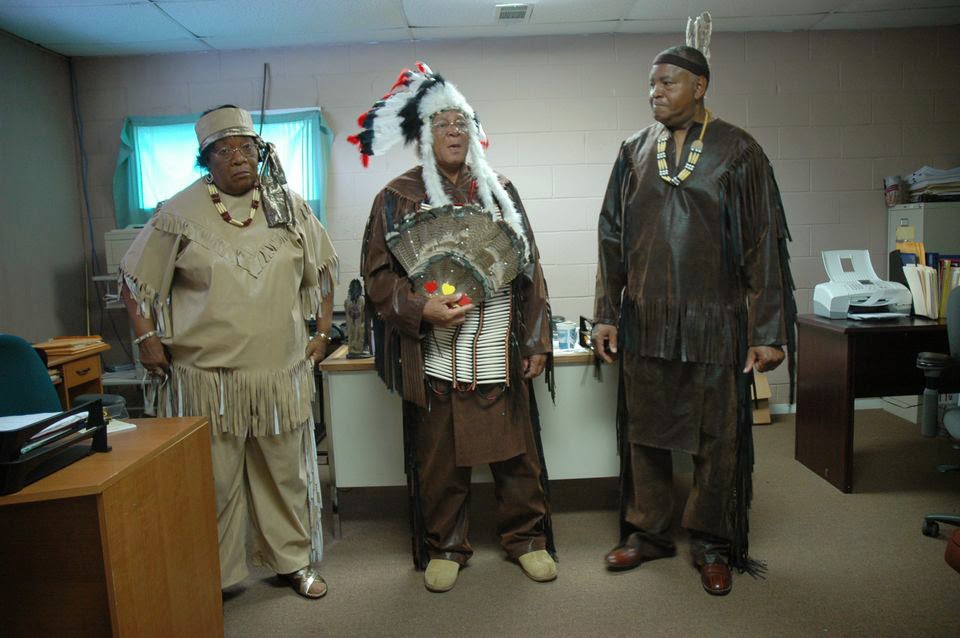
Central Thrust – Cultural Heritage Development and Tourism (CHDT)
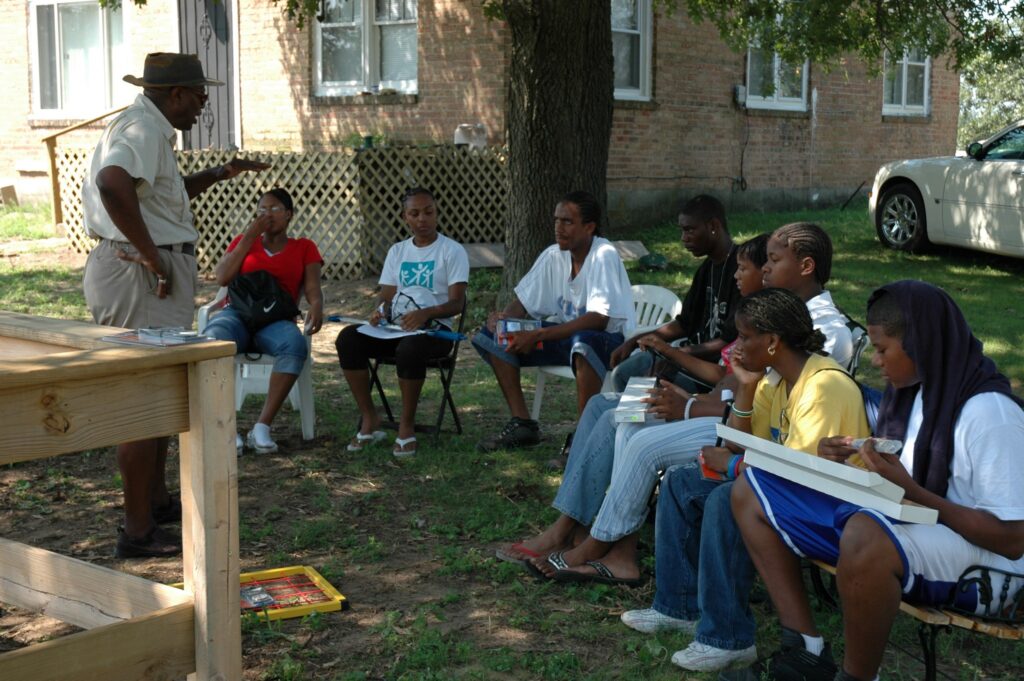
Collective decision-making and benefits:
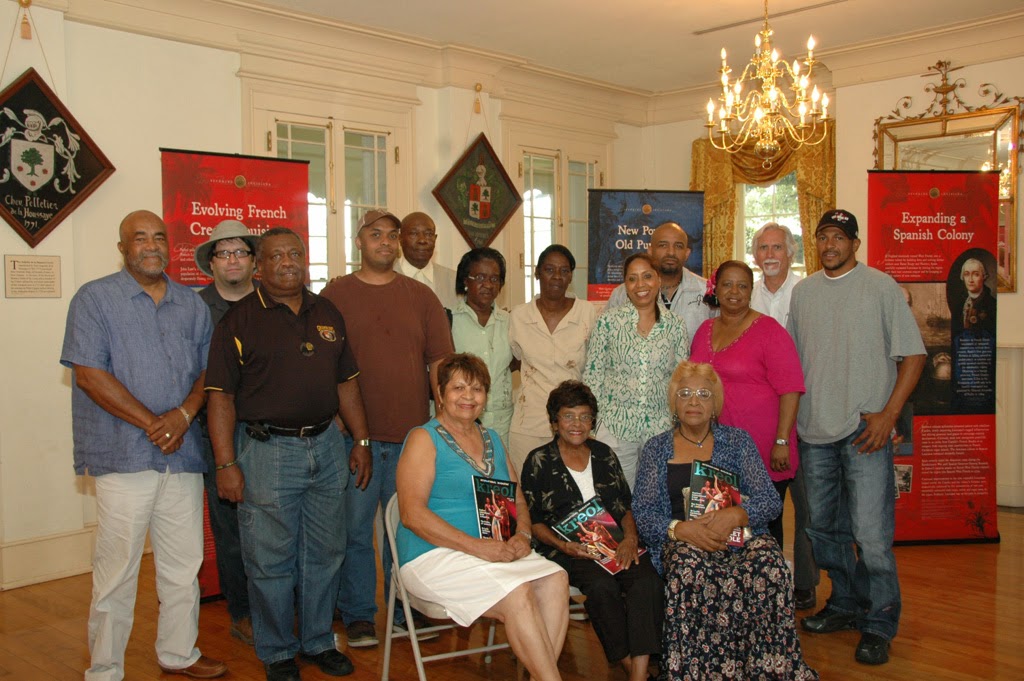
Central Aim – Increase the quantity, quality, and relevance of research on racial and ethnic groups that face persistent inequities, inequalities, and disparities
ASRI strives to be a central locus guided by a set of strategic priorities for a range of policy-relevant research, education, and service activities.
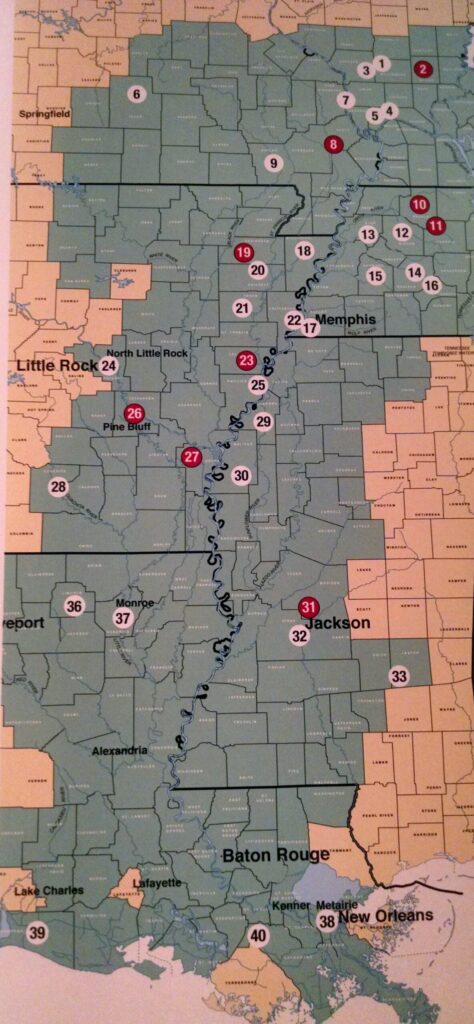
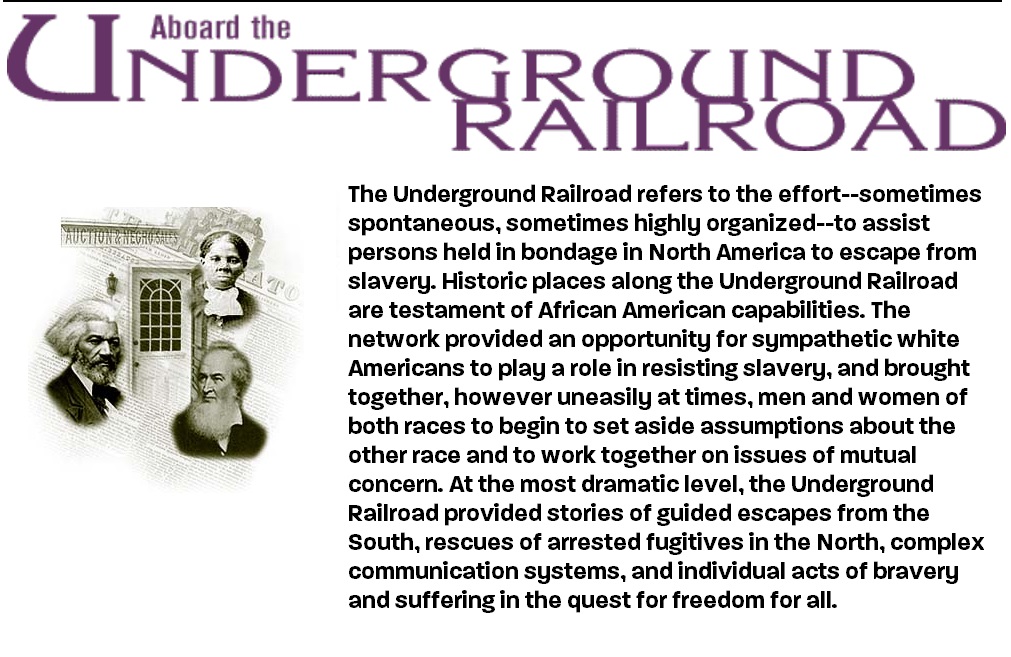
The Underground Railroad was a loose association of people (abolitionists) who created routes to freedom for thousands of slaves. 21 States had safe houses.
The National Park Service has created a list of historic sites and homes from the Underground Railroad. The goal of ASRI is to create content, better connect historic places and to create a national tour along the Underground Railroad: The Route to Freedom
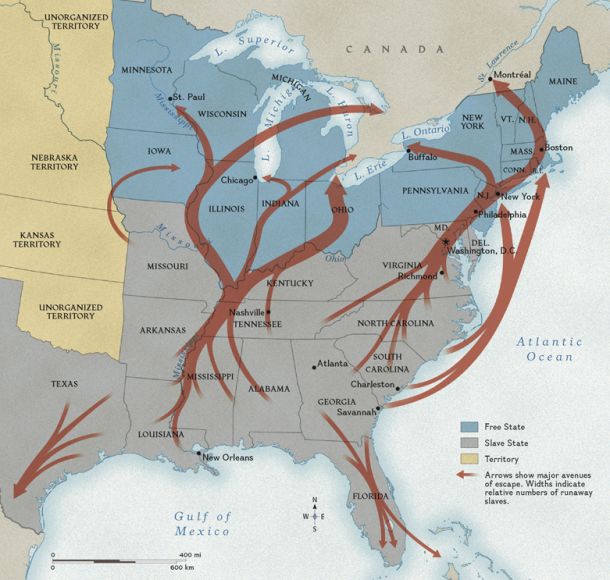
Creating Cultural Tourism opportunities like an Underground Railway Route could connect 21 states and provide local communities sustainable opportunities to generate revenue, foster relationships between public and private enterprise, stimulate local economies, and preserve history. ASRI envisions a model wherein each participating community and slavery “safe house” can be part of a national organization.
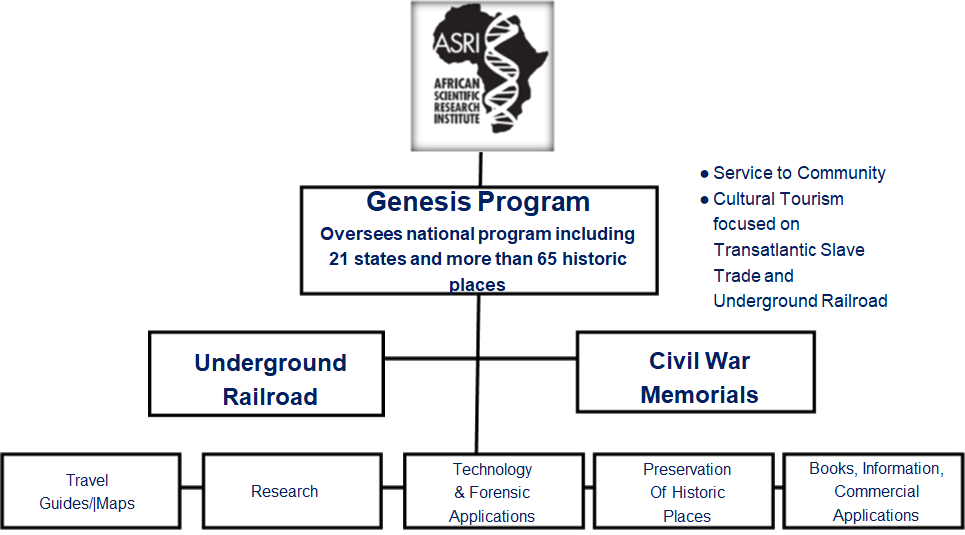
ASRI would oversee the Underground Railway Routes to Freedom cultural tourism program and provide a national websites registry with local chapters/communities have dedicated micro-sites. Local communities could be eligible to apply for grants; work with ASRI to designate historic places; work with ASRI researchers, educators and students to preserve local history; develop anthropological sites; and, create a rich experience for patrons and the public.
© African Scientific Research Institute 2024. Powered by WordPress